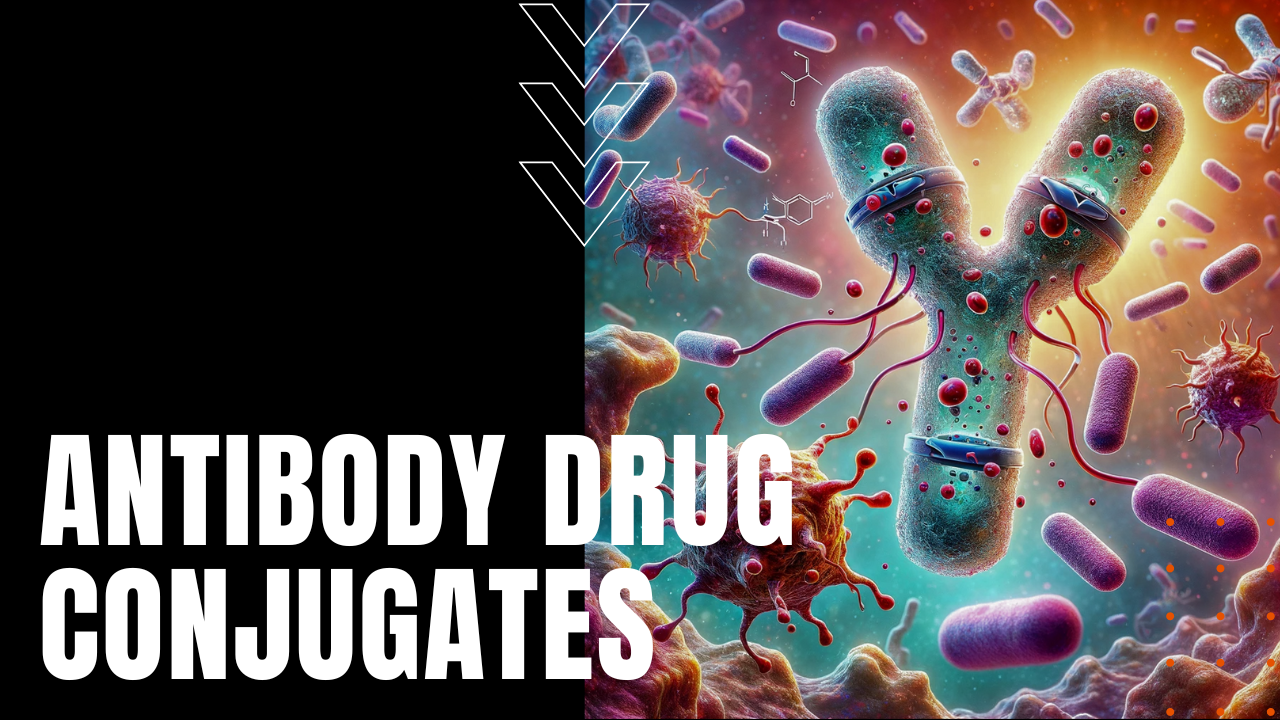Antibody Drug Conjugates Fight Cancer

Despite recent oncologic breakthroughs such as Adoptive T-cell Transfer Therapy and CAR T Cell Immunotherapy, conventional anti-cancer treatments have proven to be less than sufficient in the fight against cancer, yet after decades of dedicated research, scientists have discovered a new generation of promising anti-cancer treatments, which are far less destructive and far more effective than currently employed interventions.
Targeted Monoclonal Antibodies
Among the most promising is Antibody Drug Conjugates or ADCs, which is a unique combination of a targeted monoclonal antibody, a stable linker and a potent cytotoxic agent engineered to kill cancer cells. Designed to deliver anti-cancer agents directly to the tumor in a targeted manner, thereby limiting collateral damage to healthy, non-cancerous cells, the use of more stable linkers may allow delivery of cytotoxic agents up to 1000 times more potent than currently used anti-cancer drugs.
Long Hang Time
The monoclonal antibody component of the ADC binds to the target antigen tumor cell surface, which in turn provides a tumor-specific binding site for cytotoxic drug delivery. Monoclonal antibodies further possess a beneficial characteristic to persist over time, increasing their likely exposure to cancer cells, while the stable linker component of ADCs allows them to remain inactive while circulating through a patient’s blood stream. Once internalized by a cancer cell in a process known as Receptor-mediated endocytosis, the cancer cell is destroyed through a process known as Lysosomal degradation.
Beneficial Side Effects
The monoclonal antibody component of an ADC may possess other beneficial anticancer activities, including the prevention of signaling, antibody cellular cytotoxicity or ADCC and the induction of apoptosis by inhibiting the assembly of microtubules in cancer cells, which are essential for healthy cellular division. Currently under investigation for a multitude of cancer types, early results from one ADC study on advanced bladder cancer patients at St. Bartholonew’s Hospital in London cut the death risk by more than half, which is an unprecedented result in a form of cancer where survival rates from conventional therapies have remained nearly unchanged since the 1980s, prompting lead researcher Thomas Powles to comment on the results of his ADC study, “It’s going to launch a thousand ships.”
